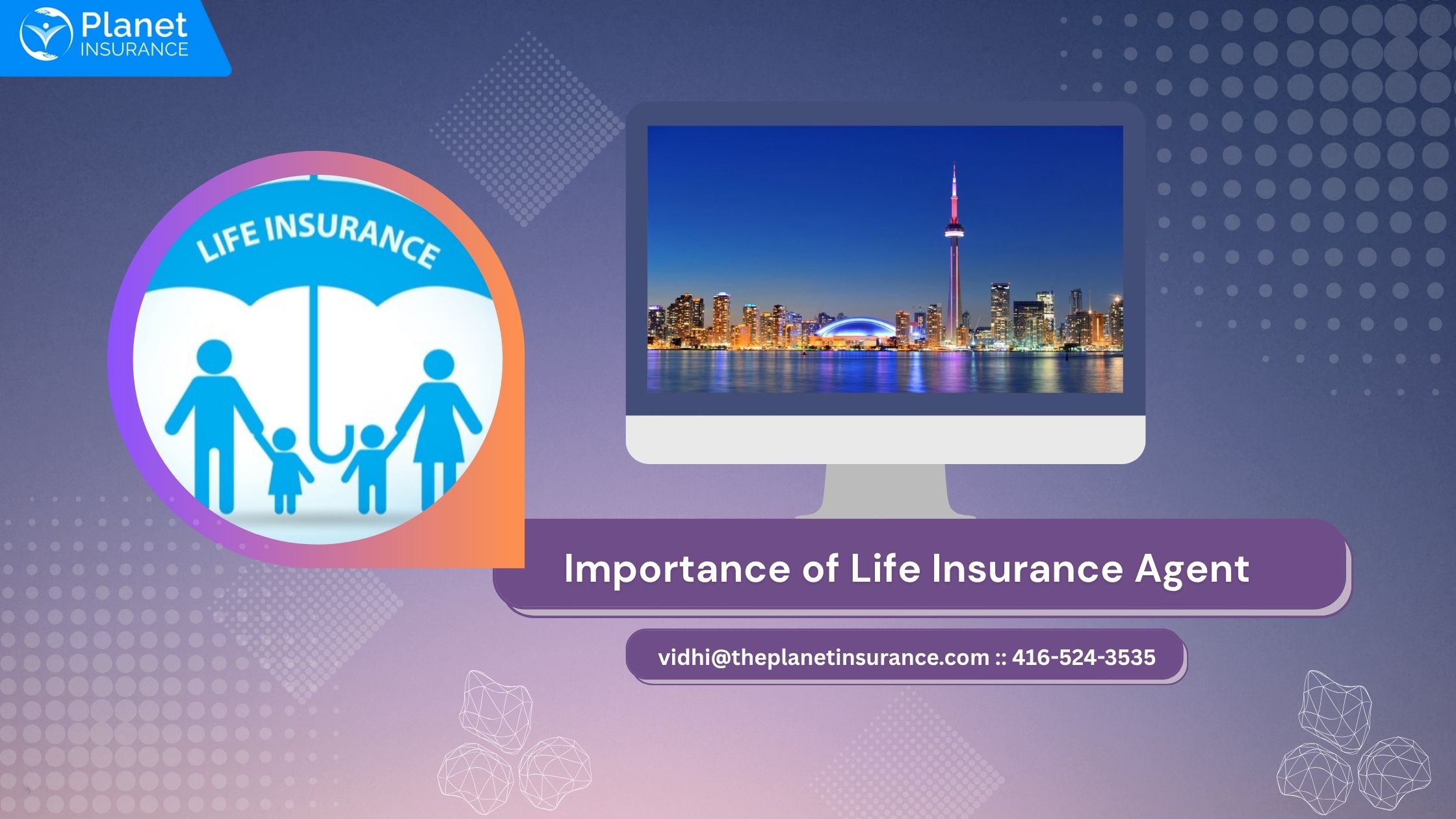Supervise Insurance Claim Process – A STEP-BY-STEP GUIDE
Handling Supervisa Insurance claims can feel overwhelming, particularly for international travelers and newcomers to Canada. Understanding the detailed process of claiming Supervisa Insurance is essential to ensure you receive the necessary coverage during medical emergencies. This guide is crafted to simplify the Supervisa Insurance process, offering a complete overview that empowers you to manage medical claim submissions effectively.
From seeking medical attention to the final stages of claim review and payment, we present each step clearly and concisely. Join us as we provide you with essential knowledge on Canada travel insurance, equipping you to confidently navigate the complexities of insurance claims.
Immediate Medical Care
When confronted with a medical emergency while traveling, your foremost priority should be to seek immediate care. This section details the key steps in urgent scenarios.
Emergency Medical Protocol
In emergencies, swift action is crucial. Your Supervisa Insurance is designed to cover unexpected health issues, but your safety is paramount.
Begin by evaluating the situation calmly. If experiencing severe symptoms or in a life-threatening condition, seek medical attention immediately.
Reach out to your insurance provider’s 24/7 helpline to report an emergency. Remember, Supervisa Insurance generally covers emergency medical treatment, but it’s important to familiarize yourself with your policy’s terms and conditions in advance.
Contacting Emergency Services
In Canada, dial 911 for emergencies. This 24/7 service connects you with police, fire, and ambulance services as needed.
When calling 911, stay calm and clearly describe your emergency and location. If possible, have your Supervisa Insurance details ready.
For non-urgent situations, consider local walk-in clinics or urgent care. With Planet Insurance, you can also have a Supervisa plan with a company which offers free virtual doctor’s consultation.
Always keep your insurer’s emergency contact number accessible to report an emergency within 24 hours of an incident.
Notifying Your Insurance Provider
Timely communication with your insurance provider is crucial in the claims process. This section highlights why prompt notification is important and the information you need to provide.
Importance of Prompt Notification
Quickly notifying your insurance provider after medical care is vital for a seamless claims process. Most policies require you to inform them within 24 hours after treatment.
Prompt notification allows your insurer to:
Failing to contact your insurer promptly may lead to reduced benefits or claim denial. Always call the insurance provider right away.
Remember, your insurance company is there to assist you. Reach out, even if uncertain about the severity of your condition.
Information to Provide
When contacting your insurance provider, prepare specific details about your situation to expedite the claims process and ensure proper coverage.
Have the following ready:
If possible, take photos of relevant documents or medical reports for backup in case originals are misplaced.
Be prepared to discuss your medical history, as some conditions might affect coverage. Honesty is essential to prevent potential claim denials later on.
Submitting and Reviewing Your Claim
The final stage involves submitting your claim and awaiting review. This section helps you with document gathering, submission, and review processes.
Gathering Required Documents
Collecting all necessary documents is key in the claims process. Well-documented claims can expedite the review process.
Typically needed documents include:
Organize these documents chronologically and make copies for your records. Legible documents help avoid processing delays.
If unclear about required documentation, contact your insurance provider or agent.
Submitting the Claim
Once you’ve gathered all documents, submit your claim. Most insurers offer several submission options.
Common methods include:
When submitting electronically, ensure documents are clearly scanned or photographed. For mailed claims, use a trackable shipping method to confirm delivery.
Retain copies of submitted documents and note the submission date. This is useful if follow-up on your claim status is needed.
You can also have your Insurance Advisor help you with the claim if you provide a general consent. Connect with your Insurance Advisor to know this process.
Claim Review and Payment
After submission, your claim enters review. This process’s duration depends on the claim’s complexity and documentation completeness.
Typical review steps include:
If approved, payment is made either to the medical provider or reimbursed to you if you paid out-of-pocket.
Supervisa Insurance claim processing usually takes 2–4 weeks. Complex cases may take longer. Contact your insurer for updates if there’s no response within the expected timeframe.
Remember, clear communication and prompt responses to insurer requests facilitate a smoother claims process and ensure a better experience.



















